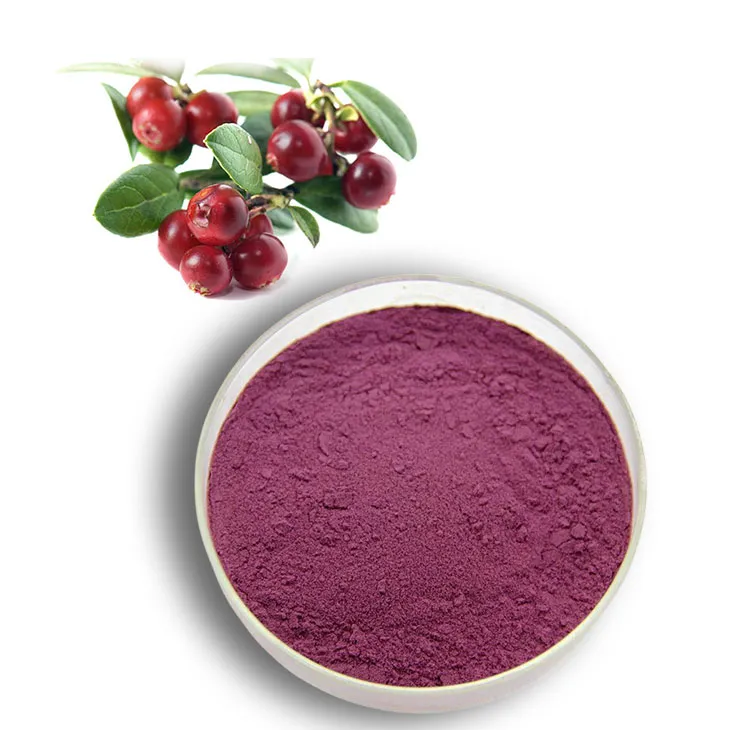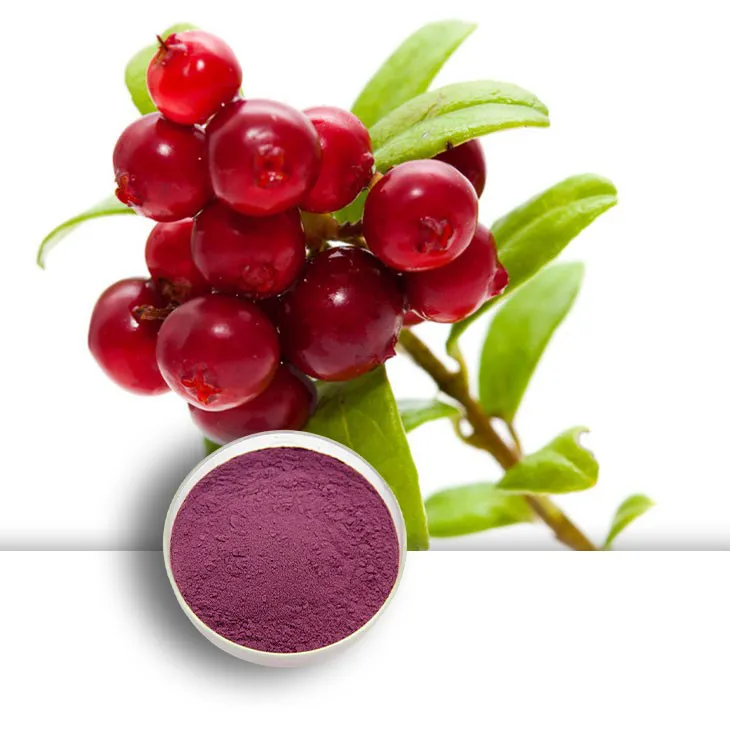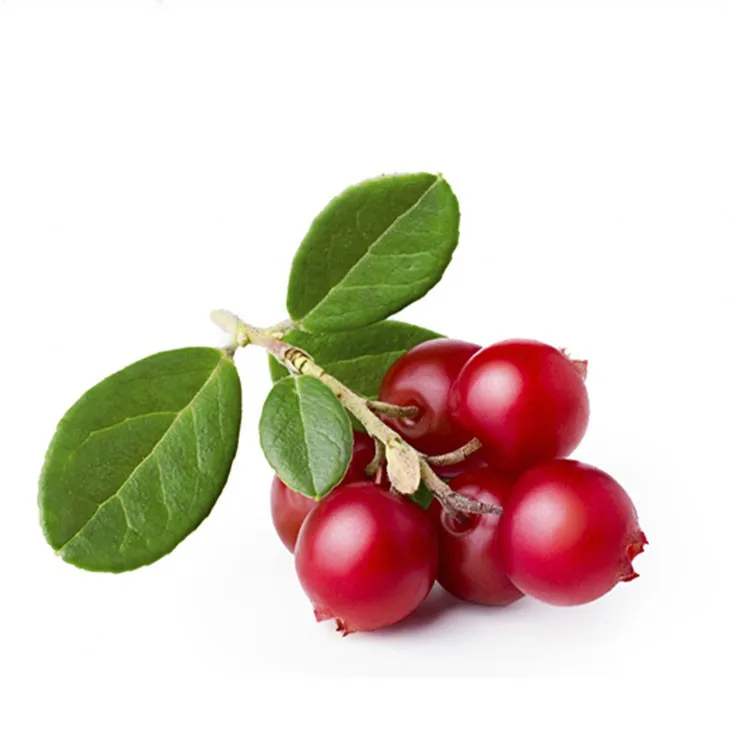- 0086-571-85302990
- sales@greenskybio.com
Five Effects of Bilberry Extract + Dosage, Side Effects
2024-11-11

1. Introduction to Bilberry Extract
Bilberry, also known as Vaccinium myrtillus, has been used for centuries in traditional medicine. The extract of bilberry is rich in various bioactive compounds, such as anthocyanins, flavonoids, and tannins. These compounds are responsible for the numerous health benefits associated with Bilberry Extract.

2. Five Effects of Bilberry Extract
2.1 Vision Improvement
Anthocyanins in bilberry extract are thought to be beneficial for eye health. They may help in improving vision in several ways. One of the main mechanisms is through increasing blood flow to the eyes. This enhanced blood circulation can nourish the eye tissues better, including the retina. For example, in some studies, it has been shown that bilberry extract can help with night vision improvement. This is especially important for people who have difficulty seeing in low - light conditions, such as the elderly or those with certain eye disorders.
- It may also play a role in reducing eye fatigue. In today's digital age, where people spend a significant amount of time staring at screens, eye fatigue is a common problem. Bilberry extract could potentially relieve this discomfort.
- Moreover, it might contribute to the prevention of age - related macular degeneration (AMD). AMD is a leading cause of vision loss in older adults, and any natural compound that can potentially slow down its progression is of great value.
2.2 Antioxidant Activity
Bilberry extract is a powerful antioxidant. The flavonoids and anthocyanins it contains are able to scavenge free radicals in the body. Free radicals are unstable molecules that can cause damage to cells, DNA, and proteins. By neutralizing these free radicals, bilberry extract can help protect the body from various diseases and premature aging.
- Oxidative stress is associated with many chronic diseases, such as heart disease, cancer, and neurodegenerative disorders. The antioxidant properties of bilberry extract can reduce oxidative stress levels in the body.
- It can also help maintain the integrity of cell membranes. When cell membranes are damaged by free radicals, it can disrupt normal cell function. By protecting the cell membranes, bilberry extract ensures that cells can function properly.
2.3 Anti - Inflammatory Effects
Bilberry extract has been found to possess anti - inflammatory properties. The tannins and other bioactive compounds in it can modulate the body's inflammatory response.
- For those suffering from inflammatory conditions such as arthritis, bilberry extract may help reduce pain and swelling. In some animal studies, it has been shown to have a positive effect on joint inflammation.
- It can also be beneficial for inflammatory bowel diseases. By reducing inflammation in the gut, it may improve symptoms such as abdominal pain, diarrhea, and bloating.
- Furthermore, it may play a role in reducing systemic inflammation in the body, which is linked to many health problems, including heart disease and diabetes.
2.4 Cardiovascular Health
The consumption of bilberry extract may have a positive impact on cardiovascular health.
- It can help lower blood pressure. High blood pressure is a major risk factor for heart disease and stroke. The bioactive compounds in bilberry extract may relax blood vessels, thereby reducing blood pressure.
- It also has the potential to improve blood lipid profiles. By reducing levels of LDL (bad cholesterol) and increasing levels of HDL (good cholesterol), it can help prevent the build - up of atherosclerotic plaques in the arteries.
- In addition, its antioxidant and anti - inflammatory properties can protect the heart and blood vessels from damage caused by oxidative stress and inflammation.
2.5 Diabetes Management
Bilberry extract may offer some benefits in diabetes management.
- It can help regulate blood sugar levels. Some studies suggest that it may improve insulin sensitivity, allowing cells to better respond to insulin and take up glucose from the bloodstream.
- For diabetic patients, it may also help prevent some of the complications associated with diabetes, such as diabetic retinopathy (damage to the blood vessels in the retina), due to its antioxidant and anti - inflammatory properties.

3. Recommended Dosage of Bilberry Extract
The recommended dosage of bilberry extract can vary depending on the form of the extract (e.g., capsules, tablets, or liquid) and the intended use.
- For general health maintenance, a common dosage is around 80 - 160 mg of bilberry extract per day. This can usually be obtained from one or two capsules or tablets.
- If the goal is to address specific health issues, such as eye problems or inflammation, a higher dosage may be required. However, it is important to consult a healthcare provider before increasing the dosage. In some cases, dosages up to 300 - 500 mg per day may be used under medical supervision.
- When using bilberry extract in liquid form, the concentration of the extract in the solution should be considered. Follow the product instructions carefully to ensure the appropriate amount is consumed.

4. Possible Side Effects of Bilberry Extract
While bilberry extract is generally considered safe for most people, there are some possible side effects to be aware of.
- One potential side effect is gastrointestinal discomfort. This can include symptoms such as nausea, vomiting, diarrhea, or abdominal pain. These symptoms are more likely to occur at higher dosages.
- There may also be an increased risk of bleeding in some individuals. This is because bilberry extract may have anti - platelet effects, similar to aspirin. People who are taking blood - thinning medications or have bleeding disorders should be especially cautious when using bilberry extract.
- Allergic reactions are rare but possible. Symptoms of an allergic reaction can include rash, itching, swelling, or difficulty breathing. If any of these symptoms occur after taking bilberry extract, medical attention should be sought immediately.
5. Conclusion
Bilberry extract offers a range of potential health benefits, from improving vision and antioxidant activity to anti - inflammatory effects, cardiovascular health promotion, and diabetes management. However, it is important to use it at the appropriate dosage and be aware of the possible side effects. As with any supplement, it is advisable to consult a healthcare professional before starting to take bilberry extract, especially if you have pre - existing health conditions or are taking other medications.
FAQ:
What are the benefits of bilberry extract?
1. Eye health: Bilberry extract is rich in anthocyanins, which may help improve vision, especially night vision. It can also protect the eyes from oxidative stress and may be beneficial in reducing the risk of age - related macular degeneration and cataracts.
2. Antioxidant properties: The anthocyanins in bilberry extract act as powerful antioxidants. They can neutralize free radicals in the body, which are unstable molecules that can damage cells and contribute to various diseases such as cancer, heart disease, and neurodegenerative disorders.
3. Cardiovascular health: It may help improve blood circulation by strengthening the walls of blood vessels. This can potentially reduce the risk of high blood pressure, heart attacks, and strokes.
4. Anti - inflammatory effects: Bilberry extract has anti - inflammatory properties that can be helpful in reducing inflammation in the body. This is beneficial for conditions such as arthritis and other inflammatory diseases.
5. Diabetes management: Some studies suggest that bilberry extract may help regulate blood sugar levels. It can improve insulin sensitivity and may assist in the management of type 2 diabetes.
What is the recommended dosage of bilberry extract?
The recommended dosage of bilberry extract can vary depending on the form (e.g., capsules, tablets, tincture) and the intended use. Generally, for general health maintenance, a dosage of 80 - 160 mg of bilberry extract (standardized to contain a certain percentage of anthocyanins) per day may be considered. However, for specific health conditions, it is best to consult a healthcare professional. For example, in cases of eye health issues, a higher dosage might be recommended under medical supervision.
What are the possible side effects of bilberry extract?
1. Digestive issues: Some people may experience mild digestive problems such as nausea, diarrhea, or stomach cramps when taking bilberry extract, especially at higher dosages.
2. Blood - thinning effect: Bilberry extract may have a mild blood - thinning effect. This can be a concern for people taking blood - thinning medications, as it may increase the risk of bleeding. It is important to consult a doctor before taking bilberry extract if you are on such medications.
3. Allergic reactions: Although rare, some individuals may be allergic to bilberry extract. Symptoms of an allergic reaction can include skin rashes, itching, swelling, or difficulty breathing.
Can bilberry extract interact with medications?
Yes, bilberry extract can interact with certain medications. As mentioned earlier, it has a blood - thinning effect, so it may interact with blood - thinning medications like warfarin. It can also interact with medications for diabetes, as it may affect blood sugar levels. Therefore, it is crucial to inform your healthcare provider if you are taking bilberry extract and any medications.
Is bilberry extract safe for pregnant or breastfeeding women?
There is not enough conclusive evidence to determine the safety of bilberry extract for pregnant or breastfeeding women. It is generally recommended that pregnant or breastfeeding women avoid taking bilberry extract unless advised otherwise by a healthcare professional, as there may be potential risks to the fetus or infant.
Related literature
- The Health Benefits of Bilberry Extract: A Comprehensive Review"
- "Bilberry Extract and Eye Health: Scientific Evidence"
- "Antioxidant Activity of Bilberry Extract: Implications for Disease Prevention"
- ▶ Hesperidin
- ▶ citrus bioflavonoids
- ▶ plant extract
- ▶ lycopene
- ▶ Diosmin
- ▶ Grape seed extract
- ▶ Sea buckthorn Juice Powder
- ▶ Beetroot powder
- ▶ Hops Extract
- ▶ Artichoke Extract
- ▶ Reishi mushroom extract
- ▶ Astaxanthin
- ▶ Green Tea Extract
- ▶ Curcumin Extract
- ▶ Horse Chestnut Extract
- ▶ Other Problems
- ▶ Boswellia Serrata Extract
- ▶ Resveratrol Extract
- ▶ Marigold Extract
- ▶ Grape Leaf Extract
- ▶ blog3
- ▶ blog4
- ▶ blog5
-
Organic Tongkat Ali extract powder factory.
2024-11-11
-
How to make powder with ashwagandha extract.
2024-11-11
-
Rosehip extract manufacturers from China.
2024-11-11
-
The best cat's claw extract in nature.
2024-11-11
-
Chinese Dandelion Leaf Extract Suppliers.
2024-11-11
-
Kidney Bean Extract
2024-11-11
-
Milk Thistle Extract
2024-11-11
-
Green Tea Extract
2024-11-11
-
Chia Seed Powder
2024-11-11
-
Propolis Extract Powder
2024-11-11
-
Artichoke Extract
2024-11-11
-
Beetroot juice Powder
2024-11-11
-
Giant Knotweed Extract
2024-11-11
-
Epimedium extract powder
2024-11-11
-
Golden Seal Extract
2024-11-11





















